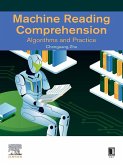
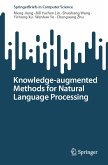
eBook, PDF
8. April 2024
Springer Nature Singapore
| Broschiertes Buch | 35,99 € | |
| Gebundenes Buch | 56,99 € |
Ähnliche Artikel
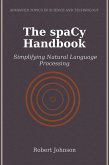
9,69 €
inkl. MwSt. und vom Verlag festgesetzt.
Sofort per Download lieferbar
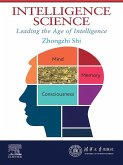
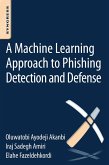
eBook, ePUB
5. Dezember 2014
Elsevier Science & Techn.
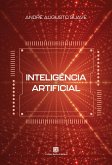
11,99 €
inkl. MwSt. und vom Verlag festgesetzt.
Sofort per Download lieferbar
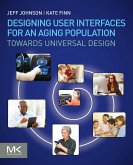
26,95 €
Sofort per Download lieferbar
eBook, ePUB
16. Februar 2017
Elsevier Science & Techn.
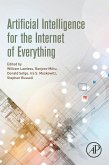
eBook, ePUB
21. Februar 2019
Elsevier Science & Techn.
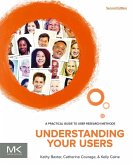
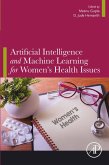
eBook, ePUB
26. April 2024
Elsevier Science & Techn.
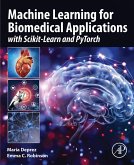
eBook, ePUB
7. September 2023
Elsevier Science & Techn.
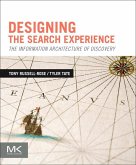
26,95 €
Sofort per Download lieferbar
Ähnlichkeitssuche: Fact®Finder von OMIKRON
